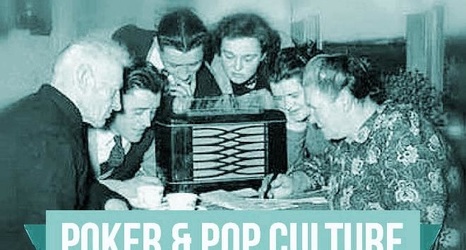Following the First World War came the development of early radio, with KDKA of Pittsburgh being the first station to receive a federal license to begin broadcasting in late 1920. More stations and the establishment of major, nationwide networks soon followed. While the broadcasting of news was always a priority early on, it didn't take long before entertainment programming also began filling the schedules.
Thus would the next few decades — through the 1950s — become known as the "Golden Age of Radio," a period during which the great majority of American families regularly tuned in to hear radio plays, serials, soap operas, quiz shows, variety hours, children's shows, cooking programs, call-in talk shows and other types of programming.
